The professor, who served as chairman of the National Diet of Japan Fukushima Nuclear Accident Independent Investigation Commission (NAIIC), said that it was common for technologically advanced countries to establish an independent investigative committee whenever a major accident occurs. For that reason, other countries reported with surprise that NAIIC’s establishment was the first ever such instance of such an organization in Japan’s history of constitutional government. He pointed out that Japan was quite unusual in that regard.
While Japanese science and technology, engineering, and industrial production have earned global confidence, he said, the images of the nuclear accident at the Fukushima Daiichi Nuclear Power Station instantly conveyed the country’s fragility to the world. He critically noted that although people had called for a review of safety measures against tsunamis before the accident, no action was ever taken, on the continued assumption that no accident would occur.
The professor cited several direct causes of the Fukushima Daiichi accident, as follows:
- Insufficient “Defense in Depth”.
- No mechanisms to reflect and incorporate knowledge and past experience.
- Lack of awareness of safety and necessary safety measures.
- A situation in which the regulators, including academia and scientists, had become “captive” to the regulated (plant operators and so forth).
As for the root causes of the accident, he pointed out the following problems:
- Lack of an attitude of learning and questioning in a quest for higher safety standards.
- Absence of a safety culture.
- A self-righteous mindset among nuclear-related parties.
- An exclusive, homogeneous organizational culture.
He then introduced illustrated videos from a website (http://naiic.net/en/) entitled “The Simplest Explanation of The National Diet of Japan Fukushima Nuclear Accident Independent Investigation Commission Report,” in which students and others explained matters related to Fukushima Daiichi, as part of their effort to understand it better.
Japan’s responsibility to the world, Professor Kurokawa said, and what the world expects from Japan, included the following items:
- Facing up to the causes of the accident.
- Proceeding with decommissioning.
- Resolving contaminated water issues.
- Engaging in open, effective, and two-way communication with other countries’ nuclear regulatory authorities and administrations in regard to Japan’s desired regulatory organization, and other matters.
- Sincerely reflecting on responses to the accident to jointly develop a model case for the future with the rest of the world.
The professor underscored the importance of an attitude of cooperation with the world toward the restoration of confidence in nuclear energy. He said that it must include the introduction of independence, global recognition and technological objectivity into the country’s nuclear-related administrative processes.
Moreover, he stressed that it must also include transparency, both domestically and internationally, such as sharing in the process of striving to set world-level regulatory standards in collaboration with other countries’ regulatory bodies.
As for personnel exchanges and the fostering of specialists, he said that Japanese specialists should leave the country for three years or so to get experience elsewhere and learn from other countries, in addition to having foreign specialists come to Japan.
In his conclusion, Professor Kurokawa enthusiastically encouraged the listeners by saying that the role of JAEC was important and that the world had high expectations for it.


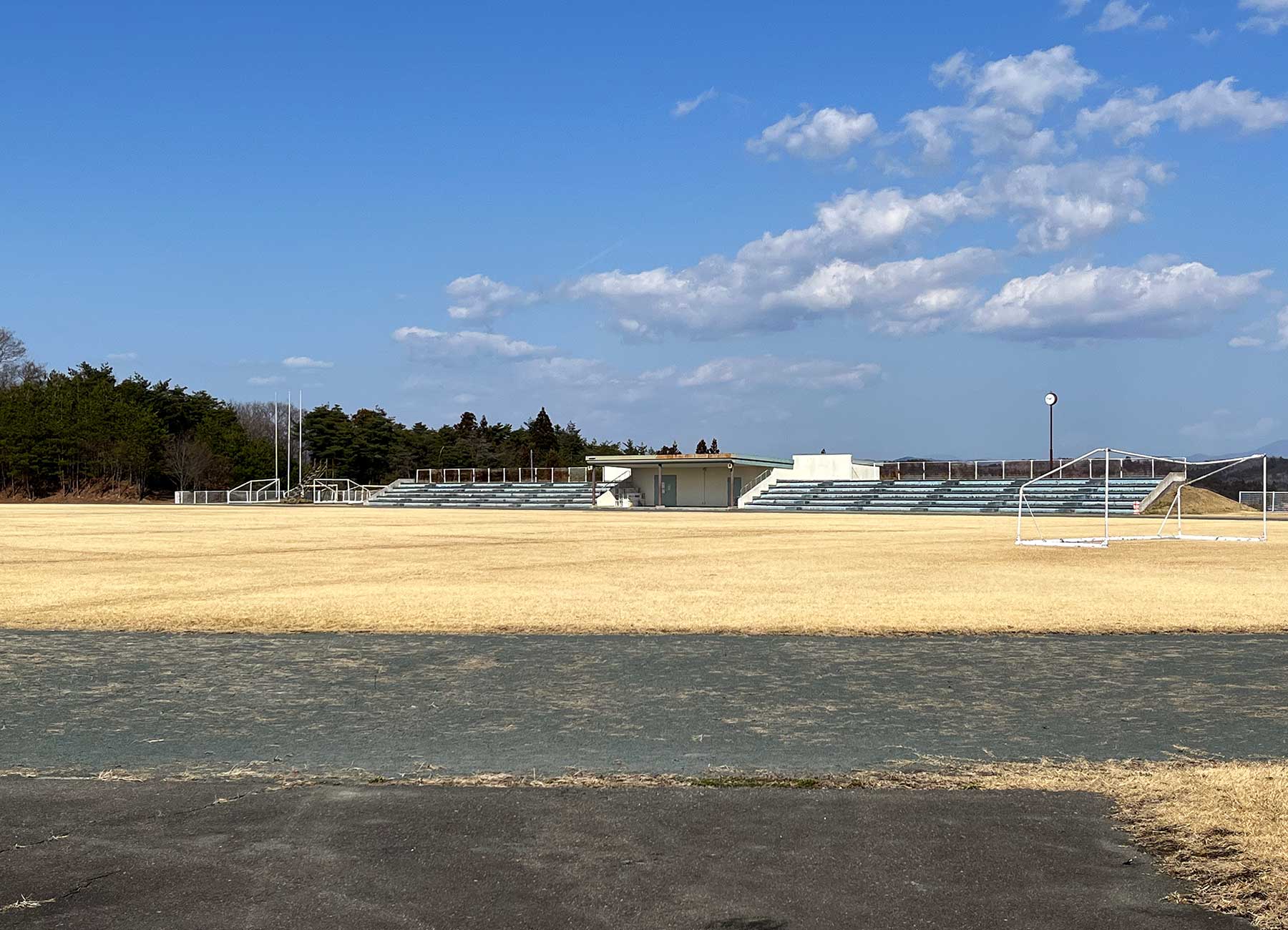
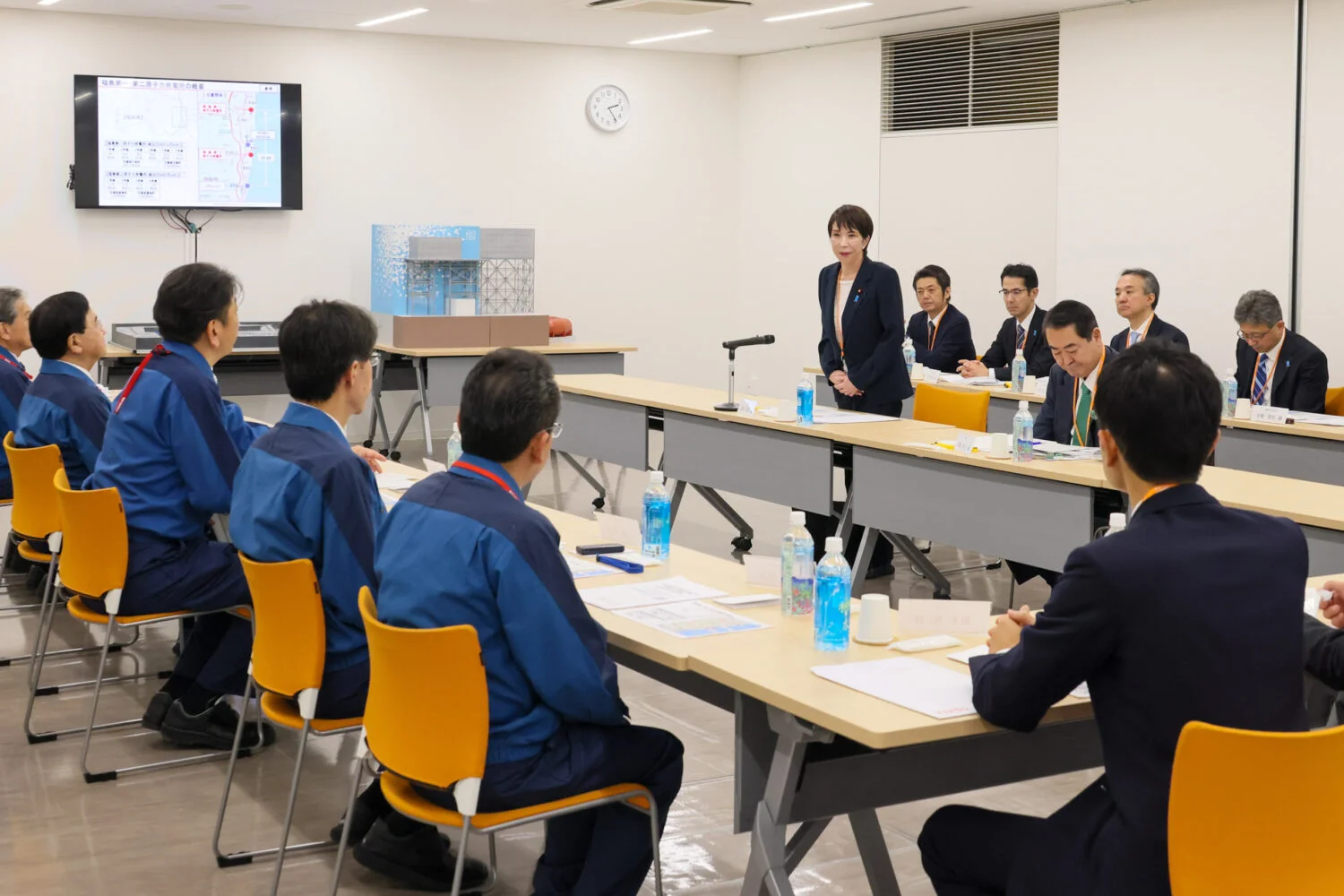


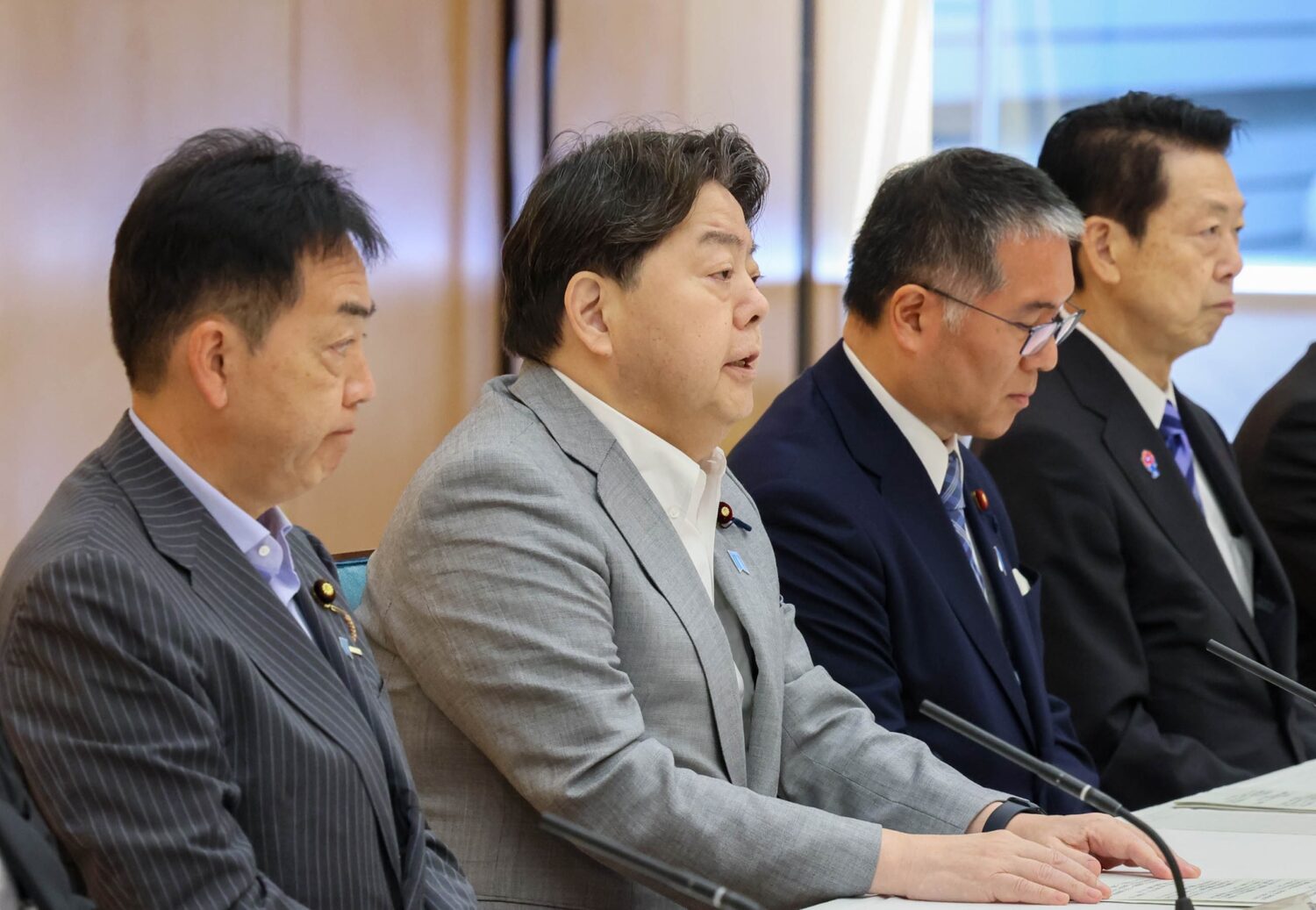
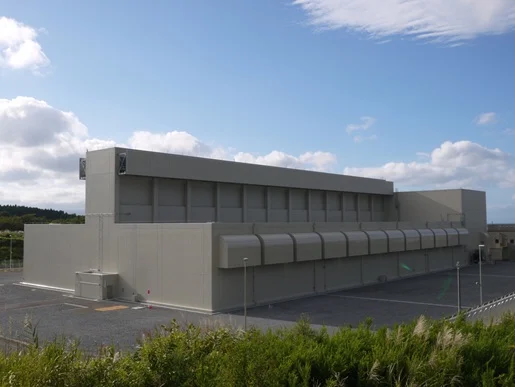

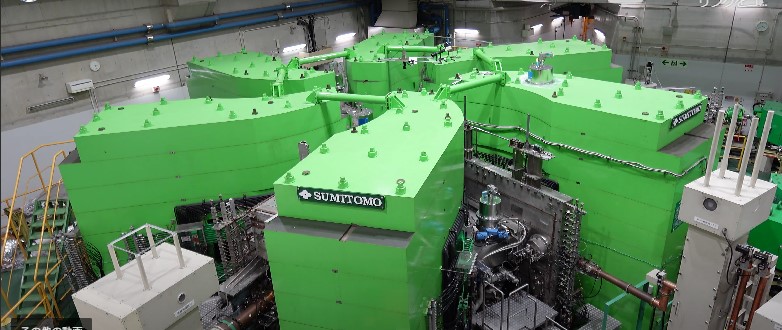


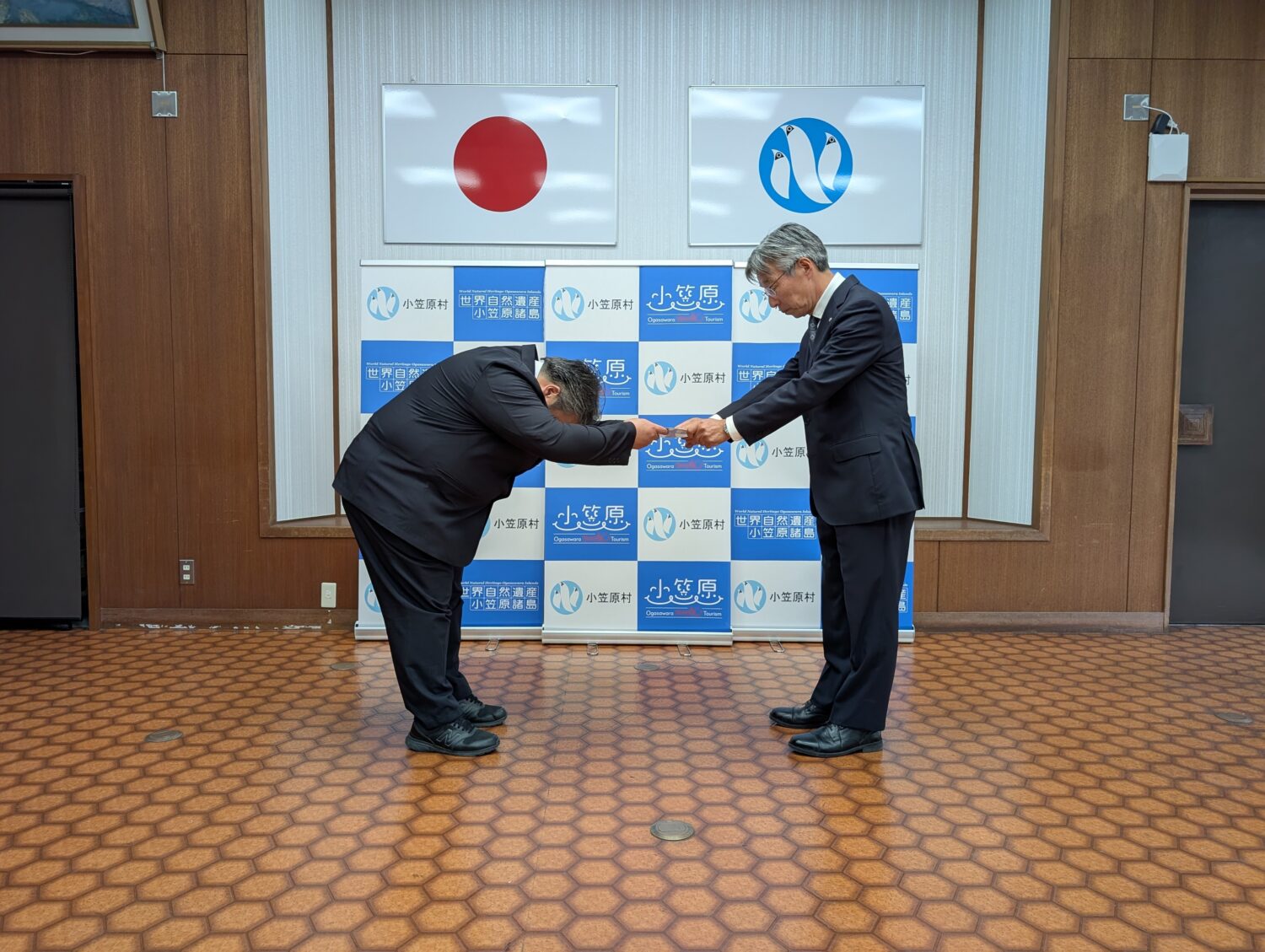

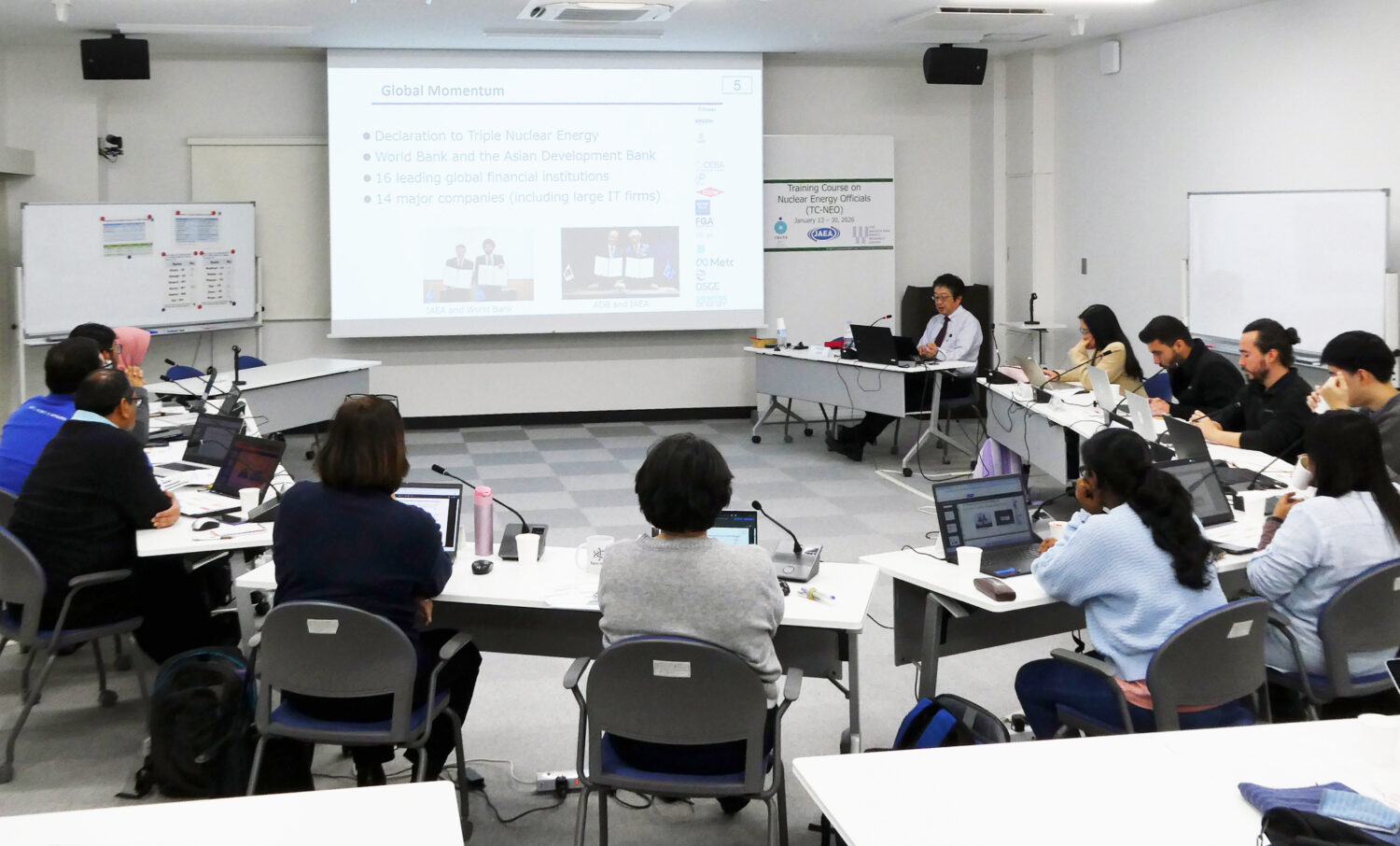
-013.jpg)




